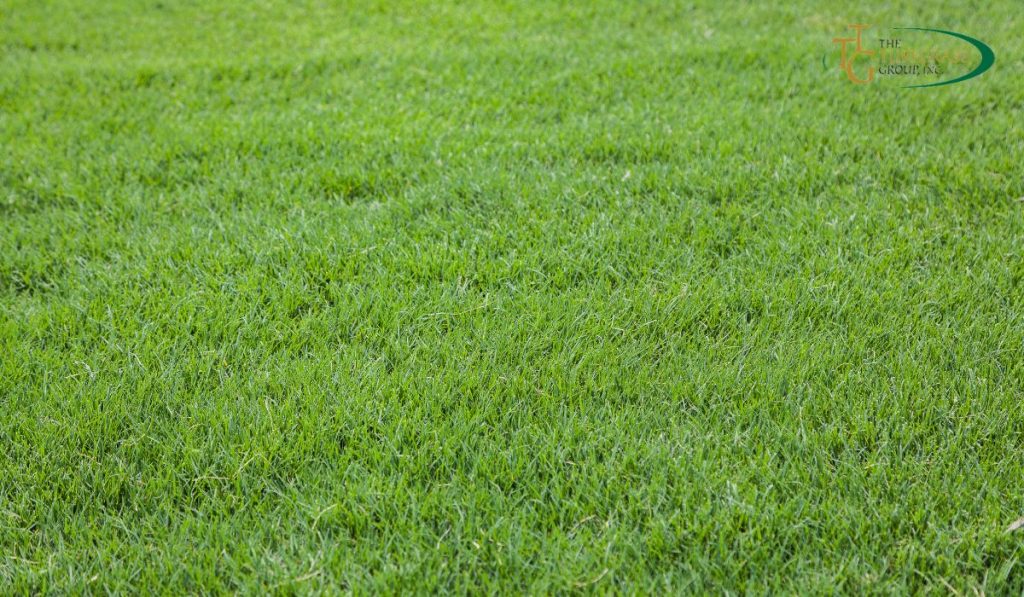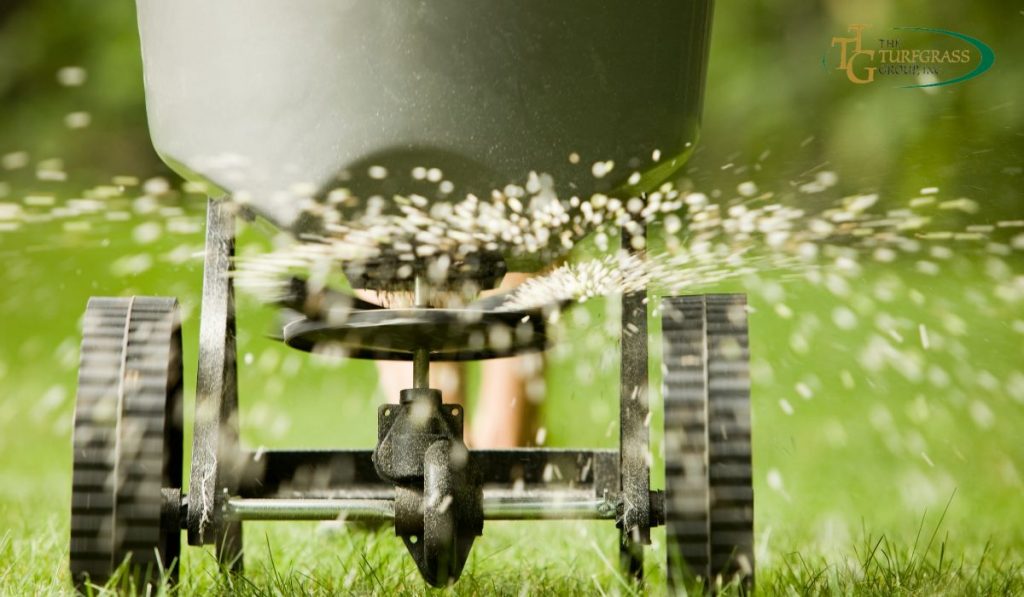
Bermuda grass, known for its vibrant green color and resilience, is a popular choice for lawns.
To maintain its lush appearance, proper fertilization is essential.
In this article, we will delve into the world of Bermuda grass fertilization, offering tips, insights, and answers to common questions about keeping your Bermuda grass vibrant and healthy.
Understanding Bermuda Grass Fertilization: A Primer
Before we dive into the specifics, let’s understand the basics of Bermuda grass fertilization.
Bermuda grass requires essential nutrients to thrive, and these nutrients can sometimes be lacking in your soil.
Fertilization supplements these nutrients, promoting healthy growth and a lush lawn.
Factors Affecting Bermuda Grass Fertilization
Fertilizing Bermuda grass isn’t a one-size-fits-all approach.
Several factors influence the frequency and type of fertilizer you should use:
Soil Quality
The health of your soil plays a crucial role.
Conduct a soil test to determine nutrient deficiencies and tailor your fertilizer accordingly.
Climate
Consider your local climate.

Bermuda grass thrives in warm, sunny conditions, and your fertilization schedule should align with the growing season.
Grass Variety
Different Bermuda grass varieties have distinct nutrient requirements.
Know your grass type to provide the best care.
Essential Nutrients for Bermuda Grass Health
For Bermuda grass to flourish, it needs specific nutrients:
Nitrogen (N)
Nitrogen is vital for promoting vibrant green growth and overall health.
Look for fertilizers with a balanced nitrogen content.
Phosphorus (P)
Phosphorus supports root development, essential for Bermuda grass establishment.
Potassium (K)
Potassium aids in disease resistance and stress tolerance.
The Importance of Timing: When to Fertilize Bermuda Grass
Timing matters when it comes to Bermuda grass fertilization:
Spring
Apply a nitrogen-rich fertilizer in early spring to kickstart growth.
Summer
During the summer months, consider a slow-release fertilizer to sustain growth without excessive lushness.
Fall
A balanced fertilizer in late summer or early fall prepares your grass for winter dormancy.
Applying Fertilizer to Bermuda Grass: Dos and Don’ts
To ensure success, follow these guidelines:
Do: Follow the Recommended Application Rates
Over-fertilizing can lead to problems. Stick to the manufacturer’s guidelines.
Don’t: Fertilize During Dormancy
Avoid fertilizing Bermuda grass when it’s dormant.
It won’t absorb nutrients effectively.
Do: Water After Application
Water your lawn after fertilizing to help nutrients penetrate the soil.
Don’t: Apply Fertilizer to Wet Grass
Applying fertilizer to wet grass can lead to uneven distribution.
Conclusion
In conclusion, Bermuda grass care revolves around effective fertilization.
By understanding your grass’s needs, soil quality, and the timing of fertilization, you can achieve a lush and healthy Bermuda grass lawn that’s the envy of the neighborhood.
FAQs
Q: How often should I fertilize Bermuda grass?
A: Fertilize Bermuda grass 3-5 times a year, depending on your grass type and local climate.
Q: What is the recommended fertilizer ratio for Bermuda grass?
A: Aim for a balanced fertilizer with a ratio like 10-10-10 or 15-5-10 (N-P-K).
Q: Is there a specific time of year to fertilize Bermuda grass?

A: Yes, fertilize in early spring, late spring, summer, and early fall for optimal results.
Q: Can I use organic fertilizers for Bermuda grass?
A: Yes, organic fertilizers can be beneficial, but ensure they provide the necessary nutrients.
Q: What are the signs of nutrient deficiency in Bermuda grass?
A: Look for yellowing leaves, slow growth, and thinning patches as signs of nutrient deficiency.
Q: How long does it take to see results after fertilizing Bermuda grass?
A: You may notice improvement within a few weeks, but significant results may take a full growing season.
Q: What are some common mistakes to avoid when fertilizing Bermuda grass?
A: Avoid over-fertilizing, applying fertilizer to wet grass, and fertilizing during dormancy.
Q: Are there any alternatives to traditional chemical fertilizers for Bermuda grass?
A: Yes, alternatives like organic and slow-release fertilizers are available, catering to various preferences and needs.
Now that you’re armed with knowledge on Bermuda grass fertilization, go forth and cultivate a thriving lawn that will be the pride of your neighborhood. Access more lawn care tips and products here.
Q: Can I fertilize Bermuda grass during the winter months?
A: It’s generally not recommended to fertilize Bermuda grass during winter when it’s dormant. Save your fertilization efforts for the active growing season.
Q: Are there any eco-friendly options for fertilizing Bermuda grass?
A: Yes, eco-conscious homeowners can opt for organic and slow-release fertilizers, which are less harmful to the environment while still nourishing your Bermuda grass.
Q: What should I do if I accidentally over-fertilize my Bermuda grass?
A: If you’ve applied too much fertilizer, immediately water your lawn thoroughly to help dilute the excess nutrients. In severe cases, consider aerating the lawn to allow better absorption and recovery.
Q: Is it essential to aerate the soil before fertilizing Bermuda grass?
A: Aerating can be beneficial, especially if your soil is compacted. It allows better nutrient absorption and root growth. Consider aerating before fertilization for optimal results.